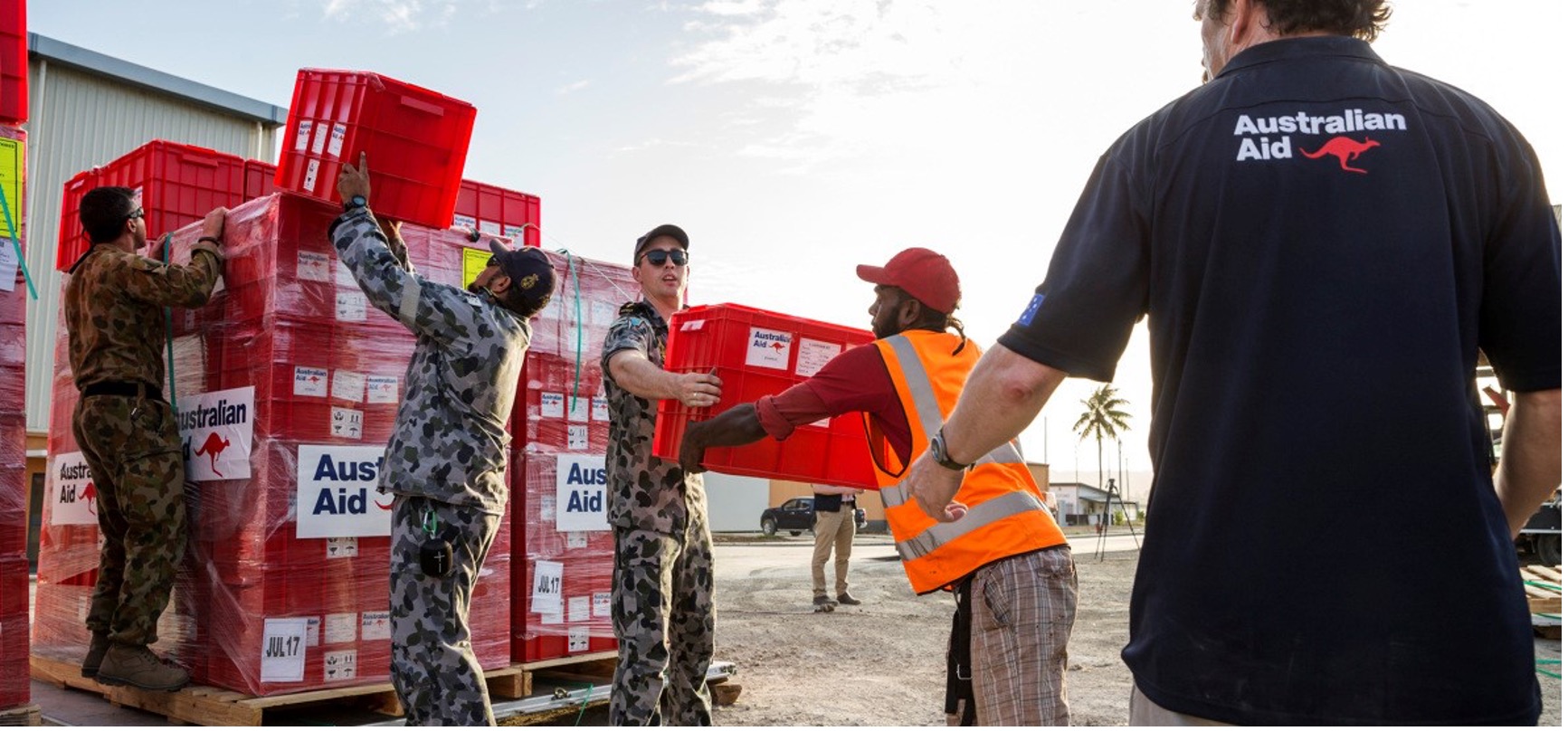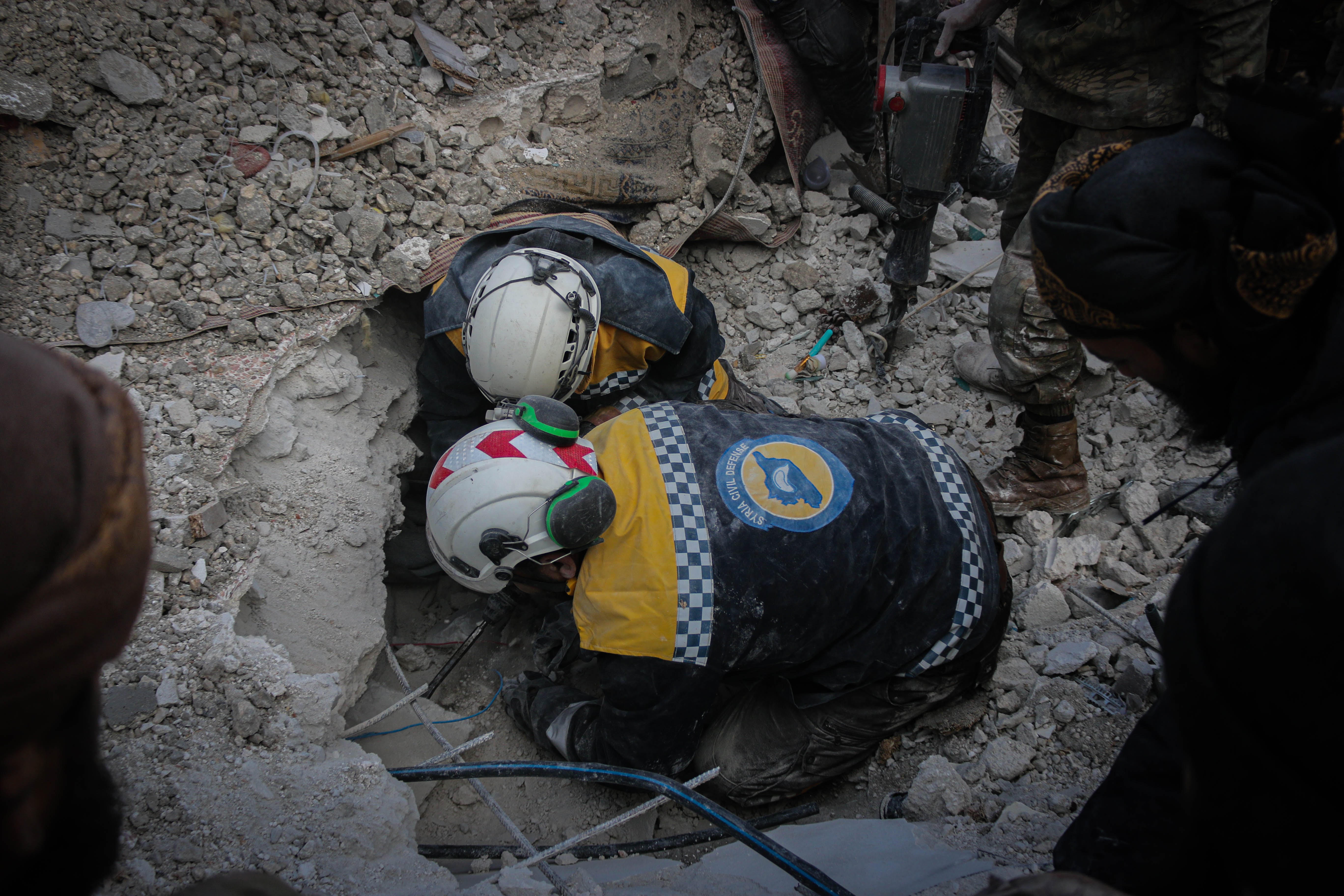In a patriarchal society like Colombia, violence and militarism are strongly linked, and rooted in culture and politics.
Violence and militarism are connected to the norms of masculinity. The stereotype of men as providers and defenders of the nation and its women has nurtured violence and the use of weapons for longer than 60 years.
Looking at peace, security and justice from a gendered lens, I will present some issues of concern within the juncture of the peace process in my country. Since August 2012, the government and the Revolutionary Armed Forces of Colombia (FARC) have been negotiating a peace agreement in Habana Cuba, after 18 months of secret pre-negotiations. The government and FARC reached, and officially signed a Peace Agreement on August 24, 2016. It is the first time in six decades that peace seems to be a real possibility for Colombians.
However, for peace to occur there needs to be not only an absence of war, but also economic justice, gender equality and peaceful negotiations to conflicts, enabling people to live life free from any form of violence.
Political persecution against civil society, political polarization and strongly marked economic differences among Colombians are the causes of the conflicts that have plagued our society for over 60 years. Colombia is the seventh most unequal country in the world. Despite being a middle-income country, 34.2% of people nationwide live in poverty. In the rural areas, the situation is even worse with 42.6% of people living in poverty.
Colombia also has the tenth highest rate of femicide worldwide. Salvador, Honduras and Guatemala have higher rates but Latin America in general make up 14 out of the 25 countries with the highest global rates. In my country four women are assassinated each day and 90% of those deaths go unpunished.
Throughout the war the three parties, the paramilitares, the FARC and the state, have used sexual violence as a weapon of war and legitimization of their power; perpetuating the connection between patriarchy, violence, militarism and gender. FARC have used women as sex providers and have controlled their bodies by forcing them to have unsafe abortions. The paramilitares use sexual violence to impose social and territorial control over communities. They have created and monopolized the business of coerced prostitution in all 146 municipalities where they operate.
The state´s army has used sexual harassment and threats against women as a means to establish their domain in the communities where they had no prior presence. When the state is responsible for harming its citizens, people no longer have an authority to turn to when seeking justice. Victims are met with violence, impunity and silence. Indigenous and afro-descendant communities are reducing as a direct consequence of gender-based crimes. Currently, 34 indigenous communities have been declared at risk of physical and cultural extinction.
Patriarchal violence is also common outside the conflict. In Colombia, 75% of attacks with acid are committed against women, with more than 100 victims recorded per year since 2010. These figures put Colombia on the same level as Iran, Afghanistan, Pakistan and East Africa. In 2014 alone, there were more than 17,996 cases of female rape registered.
Colombia has underestimated the many different forms of violence that women in particular are frequently victims of, by treating civil security from the logic of war. This makes me wonder how likely it is for Colombia to attain sustainable peace?
I believe skepticism around the peace process and the probability of Colombia finally becoming a society without armed conflict is high. Opinions are divided. This is the reflection of a stratified society with polarized political views. However, I also believe that the signature of the peace agreement marks the opportunity to break free from the militarized patriarchal structures that have been imposed on women, as a consequence of war. This is an opportunity to move forward to a better and more equal society. It is time to change our perception of what security means as a nation and to start understanding security not through the logic of war, but from the perspective of poverty, inequality and gender issues. There cannot be sustainable peace without human security, justice and peace for women.






